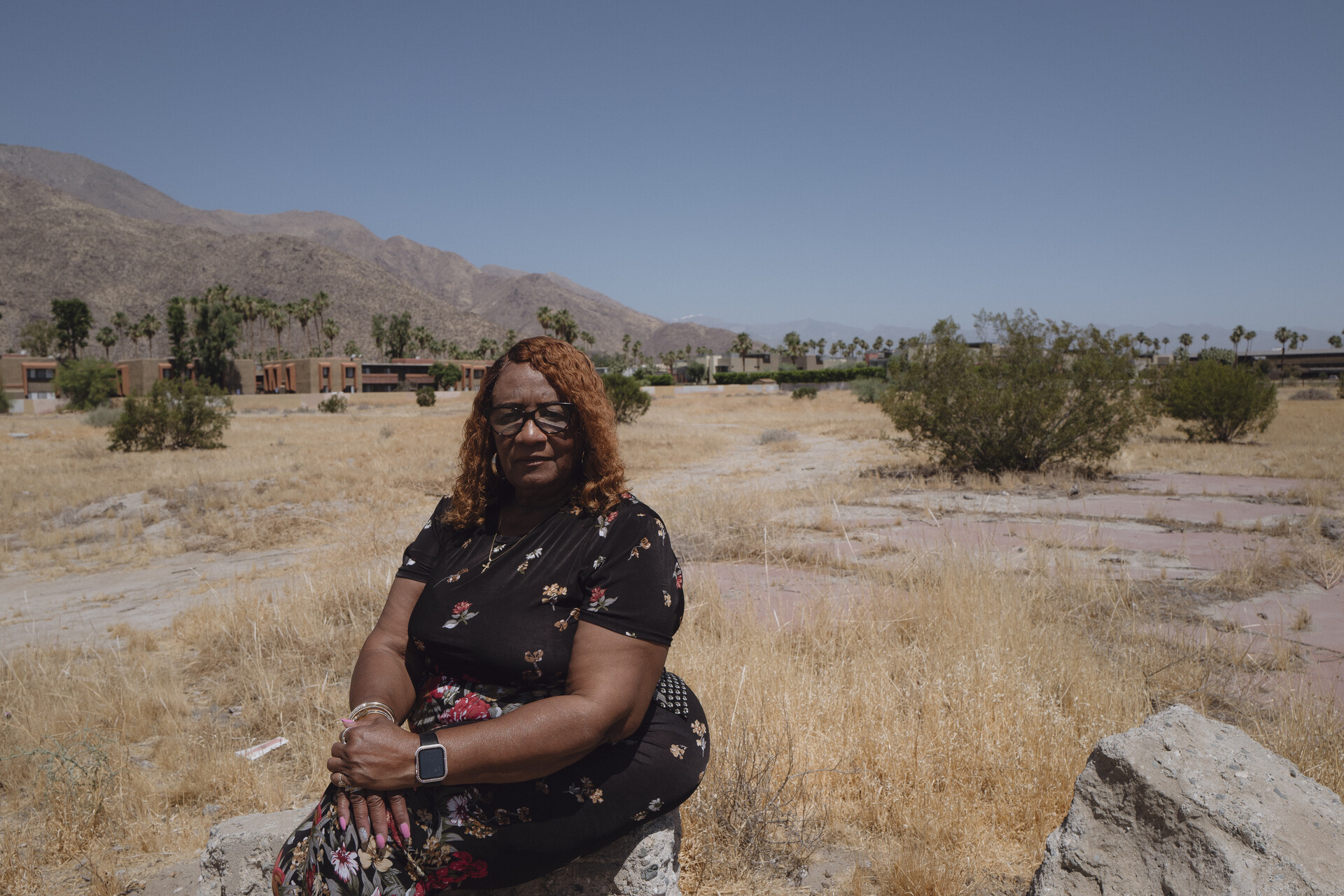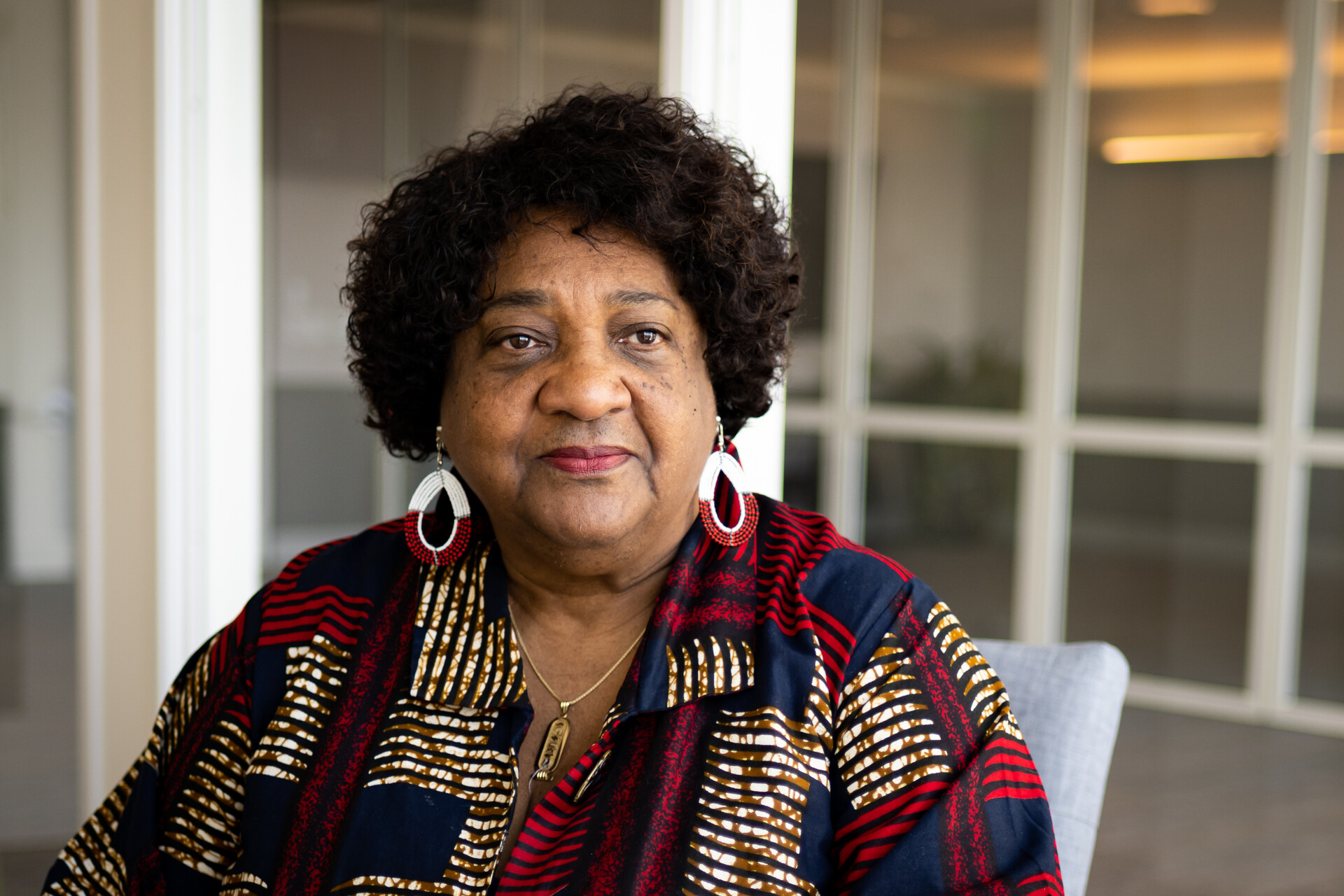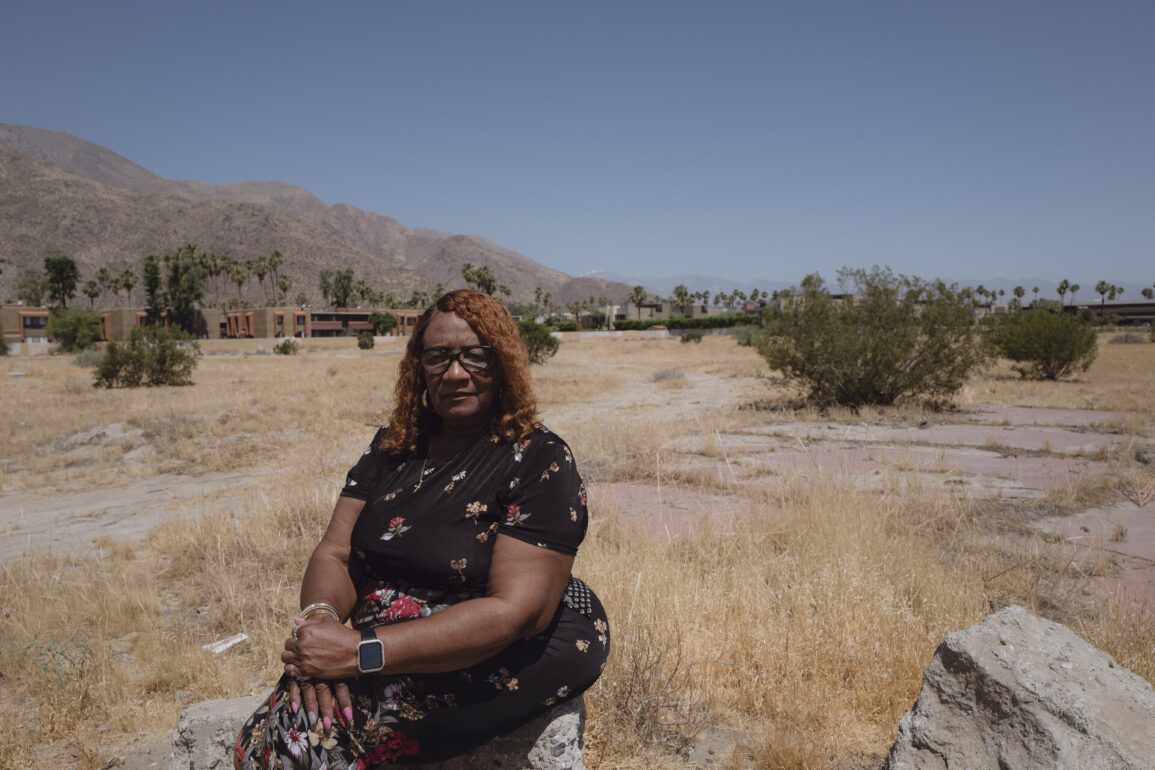Almost one year ago, the California Reparations Task Force, the first statewide body to study reparations for Black people, released a landmark report with 115 policy recommendations to address disparities in health and healthcare, education and housing, environmental and criminal justice.
The task force did not recommend cash payments. Still, just 43% of Californians had a favorable opinion of the task force, according to research published in June 2023 by the Public Policy Institute of California.
We have to change the way we frame reparations.
Welcome to the debut of a regular column that will, hopefully, aid audiences in understanding reparations as more than a check. I’m curious to hear your thoughts. Please email me at otaylor@kqed.org.
I’ll share KQED’s stories from my colleagues, including Guy Marzorati, Lakshmi Sarah, Manjula Varghese, Beth LaBerge and Finney, among others, who have been chronicling the reparations movement for over two years. With our reparations tracker, we’re keeping tabs on 14 reparations bills as they move through the Assembly and the Senate. In May, the state Assembly passed a bill apologizing for California’s role in supporting slavery. I’ll also link stories from other outlets publishing insightful reporting on reparations.

For KQED’s latest coverage, Madi Bolanos, co-host of KQED’s The California Report, traveled to a wealthy city known for its hot springs, luxurious hotels and casinos popular with tourists and snowbirds. But what is less known about is Palm Springs’ history of violent racism against a predominantly Black and Latino neighborhood. Now former residents are seeking reparations. Madi spoke with residents who lived in Section 14, a neighborhood near downtown where 235 structures were burned and 1,000 people were evicted in the 1960s. Check out Madi’s story, edited by Molly Solomon, our senior politics editor.
Kamilah Moore, who chaired California’s Reparations Task Force, was on the Political Breakdown podcast to talk about the bills aimed at education, health care, criminal justice and the approaching deadline for bill passage. Listen to the episode here.
George Floyd’s death on May 25, 2020, sparked nationwide uprisings not seen in America since 1967 when outrage over racial injustices boiled over. Even though the social unrest was more than a half-century apart, the catalyst was the same: police brutality. LaBerge, KQED’s staff photographer, captured the protests. See her striking photos, accompanied by my essay, here.
Reparations from Around the Country
Mother Jones, in collaboration with the Center for Public Integrity and Reveal, published an incredible project titled 40 Acres and a Lie, which documents and examines the promise America broke. This is how the project begins: “Black Americans have been demanding compensation and restitution for their suffering since the end of the Civil War. 40 Acres and a Mule remains the nation’s most famous attempt to provide some form of reparations for American slavery. Today, it is largely remembered as a broken promise and an abandoned step toward multiracial democracy.” Read this work, please.
The Washington Post reported that a conservative advocacy group has filed a class-action lawsuit to kill the reparations program in Evanston, a Chicago suburb, that has paid out nearly $5 million to 193 of the town’s Black residents over the past two years. The lawsuit was inspired by the Supreme Court’s 2023 decision to strike down affirmative action in college admissions.

The Los Angeles Times profiled California Secretary of State Shirley Weber, referring to her as the Godmother of reparations.
In Chicago, the New York Times reported that Mayor Brandon Johnson ordered the creation of a task force to study Chicago laws and policies from the enslavement era to today. Once the panel is established, it will have about a year to determine what reparations should look like in the city.
Members of California’s Black Legislative Caucus are taking reparations on tour to promote reparations bills, CalMatters reported. One bill could end forced prison labor.
The Supreme Court of Oklahoma dismissed a lawsuit seeking reparations brought by the last known survivors of the 1921 Tulsa Race Massacre, the Washington Post reported. If you’re unfamiliar with the terrorist act, here’s a brief explanation: A white mob burned a prosperous neighborhood known as Black Wall Street, decimating a thriving community.
Berkeleyside reported that Berkeley Unified School District’s reparations task force recommended cash payments for Black students. The task force also proposed a curriculum for teaching the history of enslavement.
You knew this would happen: Reparations are being used to attack a Black candidate. It happened to Rep. Colin Allred (D-Texas), who is challenging Sen. Ted Cruz (R-Texas). According to reporting published by the Huffington Post, a right-wing political action committee put an ad on TV that features a Latina woman “talking about how hard her family has always worked and how she would resent the government paying African Americans reparations for slavery.” Allred, who supports reparations, isn’t involved in the reparations legislation in Washington. I wonder if we’ll see this in California because, as the article points out, “Latino residents make up 40% of the population in Texas and, according to a 2021 Pew survey, a significant majority of Latino voters in America oppose reparations.”


